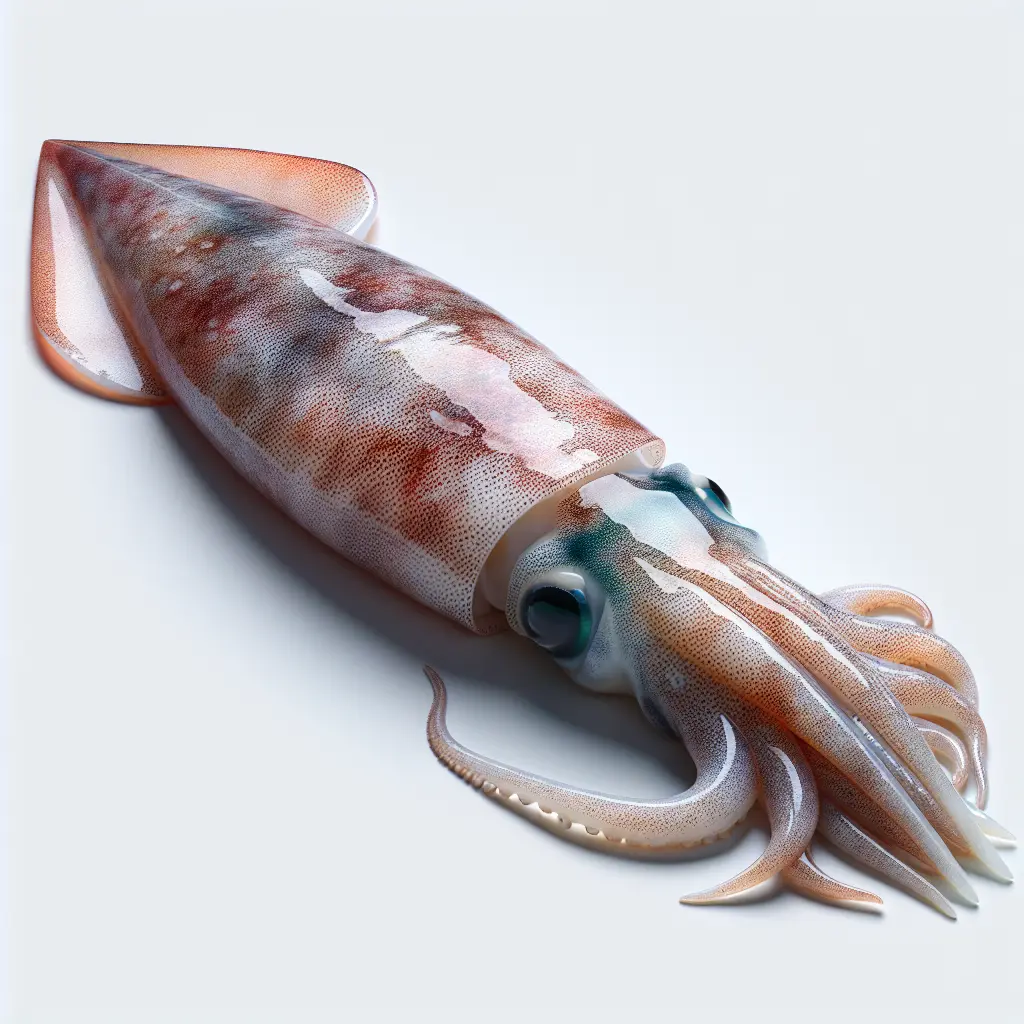Squid: A Culinary Gem with Surprising Health Perks
Squid, a cephalopod mollusk with a remarkable ability to camouflage itself, has emerged as a culinary delicacy valued for its exceptional texture and distinctive flavor. Its nutritional profile is equally impressive, making it a smart choice for health-conscious individuals. Let's dive into the compelling attributes of squid and unravel its culinary potential:
Nutritional Value of Squid
Squid boasts an impressive nutritional composition that packs a punch of essential nutrients. A mere 1-ounce serving of boneless squid delivers:
- Protein: 4.4 grams, contributing to muscle growth and repair.
- Fat: 0.4 grams, predominantly heart-healthy unsaturated fats.
- Carbohydrates: 0.9 grams, primarily in the form of glycogen for energy storage.
- Fiber: 0 grams, indicating its neutral impact on digestive regularity.
- Sugar: 0 grams, making it a suitable option for those managing blood sugar levels.
Culinary Versatility of Squid
The culinary versatility of squid is truly remarkable. Its tender texture and delicate flavor make it an adaptable ingredient in various cuisines worldwide. Whether grilled, fried, steamed, or simmered, squid showcases its culinary prowess in:
- Mediterranean Cuisine: Squid takes center stage in dishes like paella and risotto, infusing them with its savory essence.
- Asian Cuisine: In Japan, squid features prominently in sushi and tempura, while in Southeast Asian countries, it adds a coastal flavor to stir-fries and curries.
- Mediterranean Cuisine: Squid is a key ingredient in Mediterranean dishes such as grilled squid with lemon and olive oil.
Health Benefits of Squid
Beyond its culinary delights, squid offers a range of health benefits attributed to its rich nutrient content:
- Heart Health: The low fat content and presence of omega-3 fatty acids make squid a heart-friendly option.
- Improved Mood: Squid is a good source of selenium, a mineral that has been linked to improved mood and cognitive function.
- Stronger Bones: Squid contains calcium and phosphorus, essential minerals for maintaining strong and healthy bones.
Tips for Cooking Squid
To maximize the culinary potential of squid, consider these tips:
- Choose Fresh Squid: Fresh squid has a slightly firm texture and a mild, briny aroma.
- Clean Properly: Remove the ink sac, head, and beak before cooking.
- Tenderize the Squid: To prevent toughness, tenderize the squid using methods like marinating in acidic liquids or lightly boiling.
Conclusion
Squid, a culinary chameleon with a wealth of health benefits, awaits your culinary exploration. Its tender texture, umami flavor, and nutritional value make it a versatile ingredient that will elevate any dish. Embrace the culinary delights of squid and discover the boundless possibilities it holds for your culinary creations.
How many calories are in Squid?
Each 1 oz, boneless of Squid contains 26 calories.
Squid Nutritional Information
| Nutrient | Amount per 1 oz, boneless (28g) |
|---|---|
| Calories | 26 Calories |
| Protein | 4.4g |
| Fat | 0.4g |
| Saturated Fat | 0.1g |
| Cholesterol | 0.066mg |
| Carbohydrates | 0.9g |
| Dietary Fiber | 0g |
| Sugar | 0g |
| Sodium | 0.012mg |
| Potassium | 0.0697mg |
| Calcium | 0.0091mg |
| Iron | 0.0002mg |
